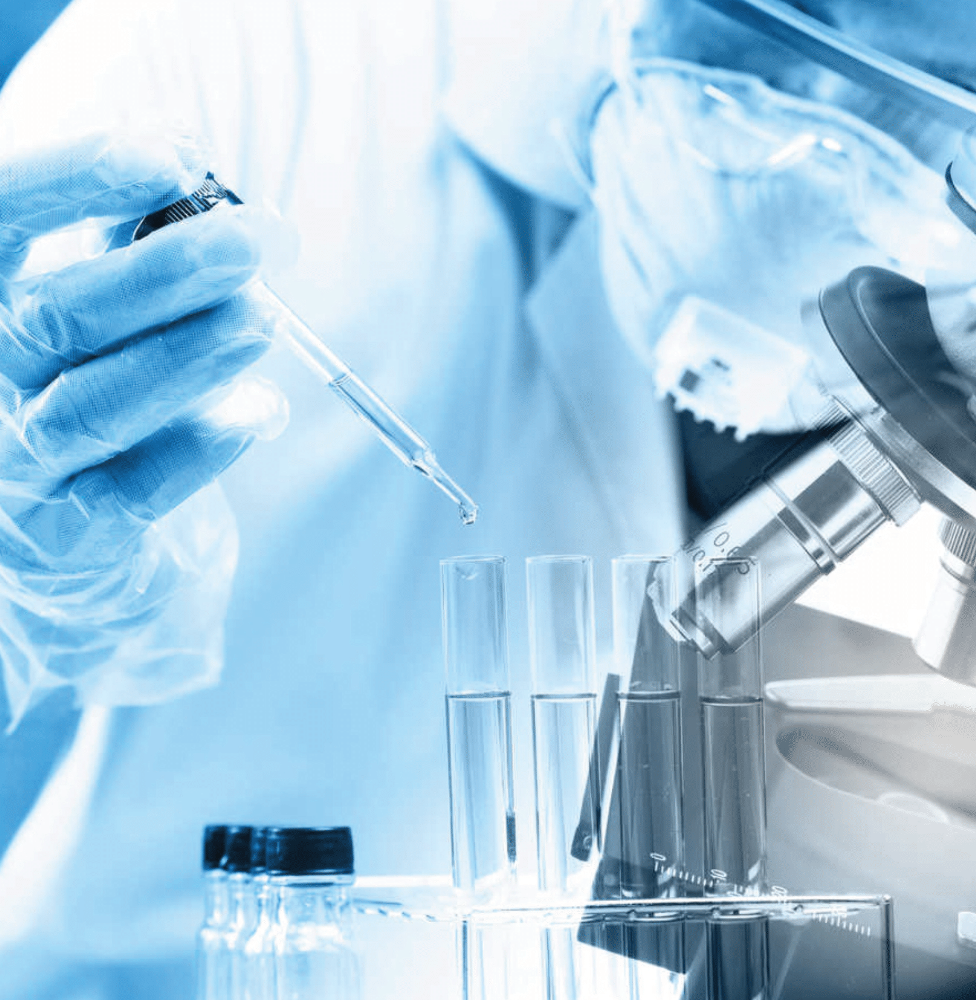Improved Version for Your Website (PGT Service Page)
Page Title (H1): Preimplantation Genetic Testing (PGT) in Nigeria | Sickle Cell & Genetic Screening
Meta Description: Medical Art Center offers advanced PGT in partnership with Genesis Genetics. Screen embryos for genetic disorders like sickle cell anemia & chromosomal issues to increase IVF success and reduce miscarriage risk.
Your Guide to Preimplantation Genetic Testing (PGT)
What is Preimplantation Genetic Testing (PGT)?
Preimplantation Genetic Testing (PGT) is an advanced technique used during In Vitro Fertilization (IVF) to screen embryos for genetic abnormalities before they are transferred to the uterus. The goal is simple yet powerful: to identify the healthiest embryos, significantly increasing your chance of a successful pregnancy and a healthy baby.
Think of PGT as a powerful tool that helps our embryologists select the embryo with the best potential, giving your IVF cycle the highest chance of success.
Our Expertise in PGT: A Track Record of Healthy Babies
At Medical Art Center, we are proud to be leaders in chromosome and reproductive genetic testing in Nigeria. Our commitment to excellence is reflected in our partnerships and proven results:
-
World-Class Partnership: We work exclusively with Genesis Genetics, a global pioneer in PGT. This ensures you receive the most accurate and reliable genetic analysis available.
-
Advanced Methodology: We continuously refine our techniques for superior accuracy. By adopting the trophectoderm biopsy method, we have significantly improved our diagnostic precision.
-
Proven Success: Our work translates into real-world joy. We have helped many couples using PGT welcome healthy, sickle-cell-free babies into their families, including both singletons and twins.
How Does PGT Work? A Clear, Step-by-Step Guide
PGT integrates seamlessly into your IVF journey:
-
IVF Cycle: The process begins with a standard IVF cycle where eggs are retrieved and fertilized to create embryos.
-
Embryo Biopsy: After 5-6 days of growth, a few cells are gently and safely removed from the outer layer of the embryo (the trophectoderm). This delicate procedure is performed by our expert embryologists.
-
Genetic Analysis: The biopsied cells are sent to our partners at Genesis Genetics for comprehensive screening.
-
Informed Transfer: With the results in hand, your doctor can confidently select a chromosomally normal embryo for transfer, free of the specific genetic condition you are screening for.
Who is PGT For?
PGT is highly recommended for:
-
Couples at risk for passing on genetic disorders like Sickle Cell Anemia, Thalassemia, or Huntington’s disease.
-
Women over the age of 35, where the risk of chromosomal abnormalities increases.
-
Individuals with a history of recurrent miscarriages.
-
Those who have experienced previous failed IVF cycles.
-
Couples seeking to balance their family.
Key Benefits of Choosing PGT
-
✅ Significantly Reduce the Risk of Miscarriage (most early miscarriages are due to chromosomal abnormalities).
-
✅ Increase IVF Success Rates per embryo transfer.
-
✅ Lower the Chance of Multiple Pregnancies by enabling the transfer of a single, healthy embryo.
-
✅ Prevent the Transmission of Specific Genetic Diseases like sickle cell.
-
✅ Provide Peace of Mind through informed decision-making.
A Holistic Approach: Preparing for Success
Our care extends beyond the laboratory. Pioneered by Prof. Oladapo Ashiru, our research indicates that environmental toxins and diet can impact fertility.
Through our Mart Life Detox Clinic, we offer Mayr therapy and other programs to help detoxify the body from heavy metals and food allergens. We recommend this holistic preparation to enhance egg and sperm quality, thereby improving the overall success of both IVF and PGT.
Understanding the Limits and Risks
While PGT is a powerful tool, it’s important to have realistic expectations:
-
It does not guarantee a pregnancy or a perfectly healthy baby, as it does not screen for all possible birth defects.
-
The biopsy is a very precise procedure, and with modern methods, the risk to the embryo is minimal.
-
We strongly recommend a discussion with our genetic counselor to fully understand the potential risks and benefits for your personal situation.
Ready to Learn More About PGT?
If you are considering IVF and want to give your future child the healthiest start in life, PGT may be the right choice for you.
Contact us today to schedule a consultation. Our team of fertility specialists and genetic counselors is here to answer your questions and guide you on your journey to parenthood.
📞 Call: +234 810 325 1335
🌐 Visit: www.medicalartcenter.com

